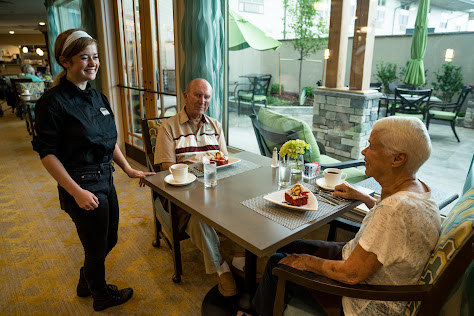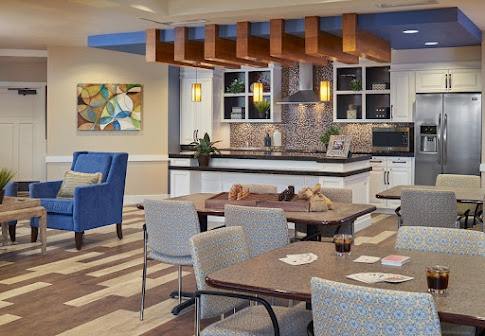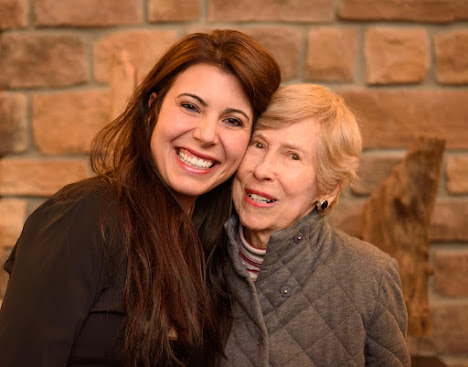Finding the Ideal Senior Living Community for a Loved One with Dementia
.jpg)
Retirement options are greater and more widely available than ever before. A simple google search of senior living facilities can quickly become overwhelming. How can you make sure you’re choosing the right one? To find an ideal senior living community for a loved one struggling with dementia, you should identify your loved one’s top needs and evaluate how those needs may change within the next 5-10 years as well as find a community that prides themselves in understanding the full life of your loved one, not just their disease. It is important to find a memory care facility that can meet the needs of a loved one with dementia not only at their present capacity, but with how their needs may change in the future. As part of your move-in process at MorningStar of Littleton, our Wellness Director will assess your loved one’s current health and review their medical history to ascertain how we can best meet their needs. At that time, we will also learn your own preferences, as well as normal

.jpg)
.jpg)

.jpeg)






